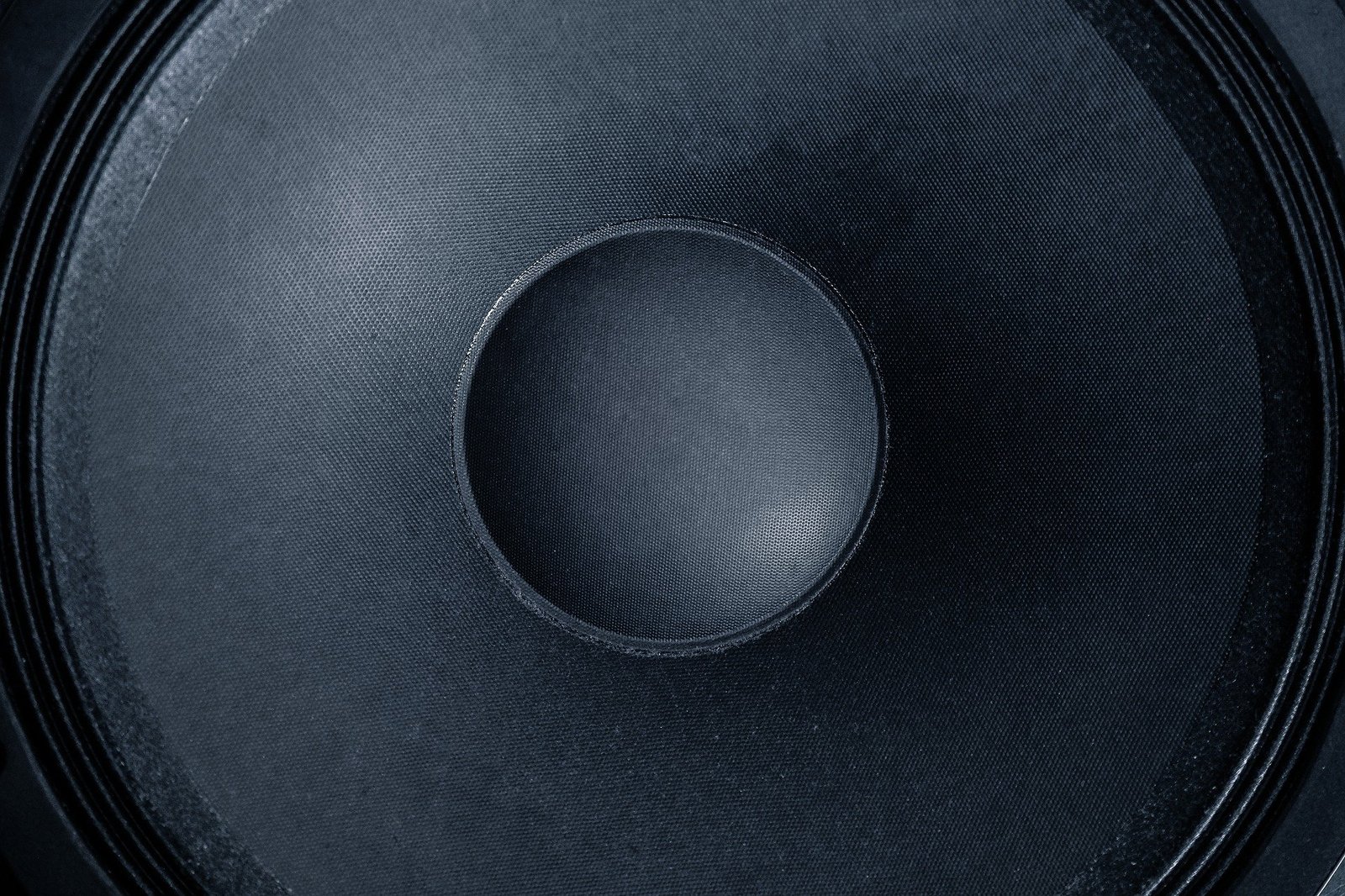If you are looking for the best gauge speaker wire, then you are at the right place. In this article, we will explain what you should consider while purchasing a gauge speaker wire and which will be the best choice for you.
What things should you consider while purchasing a gauge speaker wire?
Here are a few points that you should keep in mind before purchasing speaker wire. One of the most common things that people look for and that makes a difference in electrical resistance; lower resistance is better, and here are three main things that affect it:
- Conductivity
Conductivity is not the main factor, but it affects the resistance. But most of the cables are made with copper, which is a great conductor; we can ignore this factor and move on to the next factor.
- Length
More length of your wire gives you more resistance. If you are using a wire with more distance, you will need a wire with better resistance or need more amplification to get the same sound quality as a wire with a short length.
- Thickness
If the wire is thicker, it will result in a low resistance, so it’s good to always go with a thicker wire. A wire’s thickness is measured in gauge (AWG), with a thinner wire having a more considerable gauge number. When you increase the wire’s gauge by three, its cross-sectional area will become half, and its resistance will become double.
Now, after knowing these factors, let me explain which gauge wire will be best for you.
Should you go with expensive speaker wires?
Expensive speaker wires usually have excellent build quality and will make your speaker produce the best quality audio. It is also decent in appearance. It can make your home truly shine if you use attractive cables for your sound system.
The best gauge speaker wire

Before choosing the best gauge speaker wire, you should know that getting a wire heavier than your need will not create any trouble, but it is more costly than others and difficult to hide. So, your main goal should be to get the thinnest wire possible without compromising the audio quality.
Here is a step by step guide to calculating the best wire gauge for you:
- First, calculate the length of the wire run. Always try to keep it short as you can. Also include all the ups, overs, under, and around so that you will require to connect your wire from your receiver to your speakers.
- After that, determine the “nominal impedance” of your speakers. You can easily find this on your speaker or user manual. If you can’t find this number there, just measure the resistance with an ohm meter and multiply the meter reading by 1.3 to get a good estimate.
- Here is our third step; now, it depends on you, how important the sound is to you. If you are an extreme audio lover and these are your primary sound system or speakers, give this wire a score of 50. If you don’t care about minor differences, but the sound quality is essential to you, then give it a score of 100. If the speaker is not for central audio and will only be used for less critical sounds like background audio or distributed sound, try a 200 to 400. This will be your “pickiness index.”
- The final step is to multiply your pickiness index by your speaker’s nominal impedance – then divide the result by how much wire in feet is required for the speaker to run. See where your score falls on the chart below to determine the speaker gauge we recommend.
| Score | Gauge |
| 7 – 11.5 | 10 |
| 11.5 – 16 | 12 |
| 16 – 24 | 14 |
| 24 – 36 | 16 |
| More than 36 | 18 |
So this was the easy and straightforward method to calculate the best wire gauge for your sound systems. Wire and cables are essential for any entertainment system. You can find the best gauge speaker wire for your entertainment systems that will provide you best sound quality by doing a little calculation.
If you have any questions about the method, please ask in the comments section below. We will try our best to answer each of your questions.

